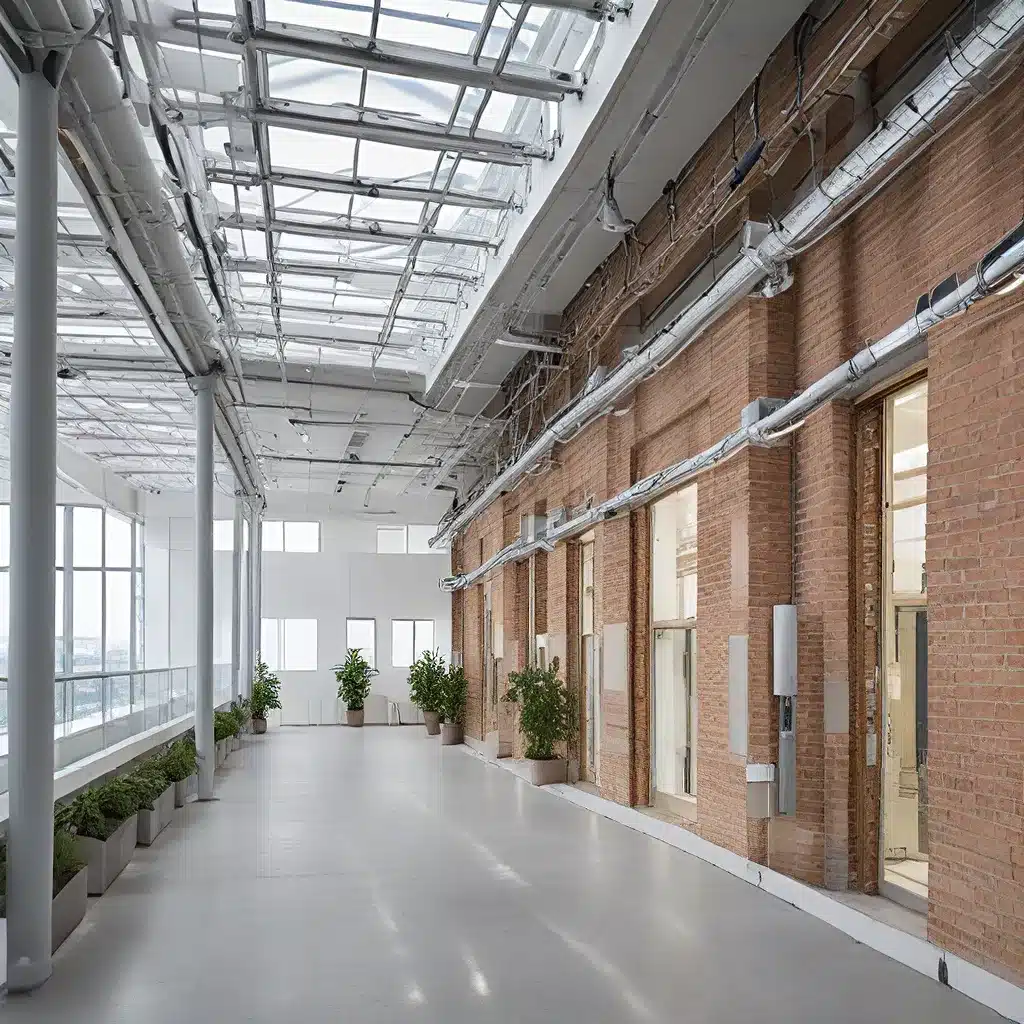
The Rise of AI-Driven Building Automation
The world of building automation is undergoing a profound transformation, driven by the integration of artificial intelligence (AI). As the built environment becomes increasingly interconnected, AI-powered technologies are revolutionizing the way buildings are managed and operated, delivering new levels of efficiency, comfort, and sustainability.
One of the most significant benefits of AI in building automation is predictive maintenance. AI algorithms can analyze data from various building systems, such as HVAC, plumbing, and electrical, to predict when equipment is likely to fail. This allows facility managers to perform maintenance before breakdowns occur, reducing downtime and maintenance costs. Predictive maintenance also extends the lifespan of equipment by ensuring it is serviced at optimal times.
According to the U.S. Department of Energy, AI-driven energy management systems can save up to 20% on energy costs. Advanced AI systems can analyze energy consumption patterns and adjust HVAC systems in real-time to improve efficiency. By predicting energy needs based on factors such as occupancy and weather conditions, AI can significantly reduce energy waste and lower utility bills.
Enhancing Building Security and Occupant Comfort
AI-enhanced building security is another area where the technology is making a significant impact. AI-powered cameras and sensors can identify unusual activities, such as unauthorized access or suspicious behavior, and alert security personnel immediately. Additionally, AI can help manage access control systems, ensuring that only authorized individuals enter restricted areas.
Improving indoor air quality is another crucial application of AI in building automation. AI-driven systems can monitor and manage air quality by analyzing data from air quality sensors. These systems can detect pollutants and adjust HVAC operations to maintain optimal air quality levels, particularly beneficial in environments like hospitals, schools, and office buildings.
AI also plays a crucial role in enhancing occupant comfort. By learning and adapting to individual preferences, AI-driven systems can adjust room temperatures, lighting, and even background music to create personalized experiences. This level of personalization not only improves the overall occupant experience but can also increase productivity in commercial settings.
Streamlining Building Operations and Driving Efficiency
AI-powered building automation systems can also streamline operational efficiency. By automating routine tasks and providing facility managers with actionable insights, AI can help identify inefficiencies and recommend improvements. This holistic approach to building management ensures that all systems operate in harmony, maximizing overall efficiency.
Sensor-powered building automation is not just a trend, but a transformative force that is reshaping the built environment. As AI technology continues to evolve, we can expect even greater advancements in integrated building management systems, further enhancing efficiency, sustainability, and occupant satisfaction.
Embracing the Future of Smart Buildings
The future of AI-driven building automation is bright, with continuous advancements promising even greater benefits. Improved integrated building management systems will further optimize energy usage, enhance security, and provide personalized experiences for occupants. By leveraging the power of AI, building managers can create smarter, more responsive, and efficient buildings that meet the demands of the modern world.
To stay at the forefront of this technological revolution, businesses and facility managers must stay informed about the latest developments in AI-driven building automation. By understanding the capabilities of these advanced systems, they can ensure that their buildings are equipped to deliver the desired levels of efficiency, comfort, and sustainability.
In conclusion, the integration of sensor networks and AI in building automation is transforming the way we manage and operate our built environments. From predictive maintenance to enhanced security and personalized occupant comfort, these technologies are revolutionizing the industry, paving the way for a future of smarter, more efficient, and sustainable buildings. By embracing this technological evolution, building owners and facility managers can unlock the full potential of sensor-powered automation and create spaces that truly cater to the needs of modern occupants.